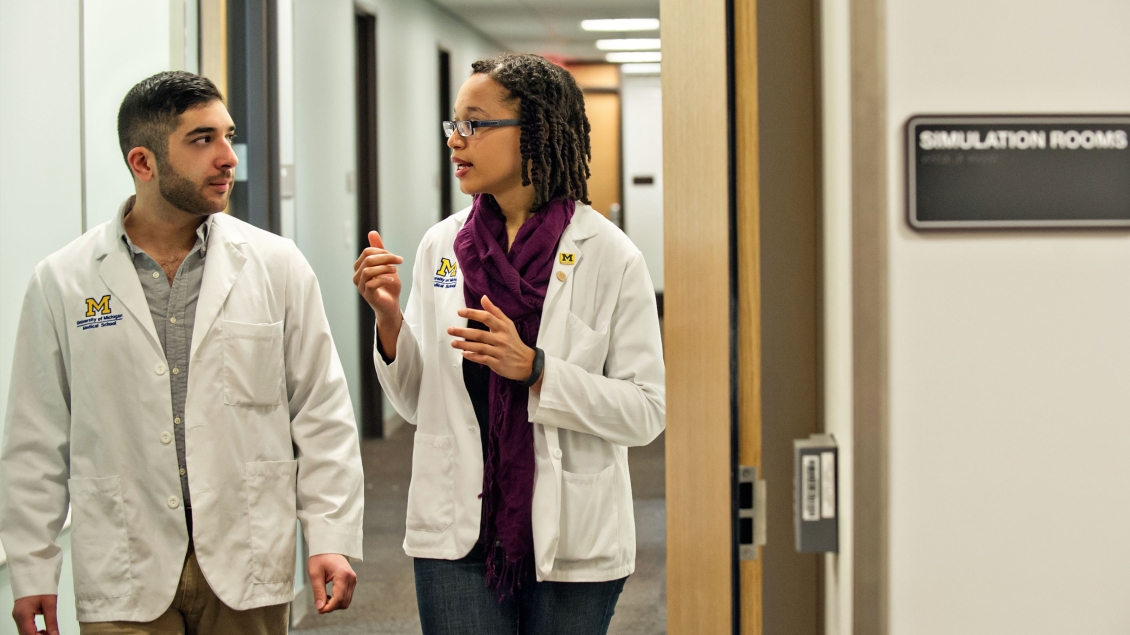Back to Prospective Postdocs

Tips for Success
Identify an excellent laboratory and mentor for the next stage of your training.
- Identify potential mentors. Explore the literature in your field of interest, or search our database for a potential mentor who is working on a topic that you are enthusiastic about.
- Ask advice from your network. Once you have a list of a few potential mentors, get feedback from faculty and postdocs you know who are familiar with the field you wish to pursue.
- Draft an email of interest. This should be a short email that explains why you are interested in their work, what you can bring to the lab, what your expertise is and how that can benefit their research. Attach your CV and PDFs of your publications.
- Coordinate with your faculty supporters. Before you send out your email, ensure you have about three faculty supporters who will write a letter of recommendation for you. Notify them when you send your email to a potential mentor so they can send their recommendation soon after.
- Set up a time to meet. If the PI is interested in bringing you on as a postdoc, set up an on-site visit. Seeing the environment you could live and work in is really valuable information. The Office of Postdoctoral Studies hosts “Postdoc Preview” (internal link) to facilitate these meetings.
- Talk to the lab. A postdoc is a big step in your career and you are interviewing the lab as much as they are interviewing you to make sure there is a good fit. Engage with current lab members to understand the PI's mentoring style, if he or she is open to non-academic career development opportunities and what the expectations are for hours spent in lab. Asking questions in an impersonal way can be helpful too (e.g., what are the qualities of a person who would do really well in this lab?).
- Follow up. After you’ve had a chance to meet with the lab, contact the potential mentor to thank them for their consideration and ask when you can expect a decision.
While individual investigators and their department administrators directly manage all postdoctoral positions at the University of Michigan Medical School, there are a few universal practices in place that apply to positions across the board:
All fellows and mentors abide by the University’s Standard Practice Guide
- Our Postdoctoral Compact expressly details expectations for mentors and appointees
- All medical school fellows are paid a minimum of the current NIH Year 0 level of support
- Offer letters are legally binding contracts that guarantee funding for the term of the position
- Access to benefits such as, paid time off, child and dependent care, medical, dental, and vision, and supplemental retirement accounts.
These practices provide a foundation for the postdoctoral experience at the University of Michigan Medical School, ensuring consistency and support for all postdocs and mentors.